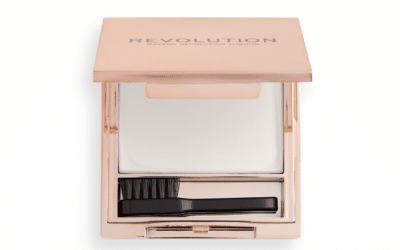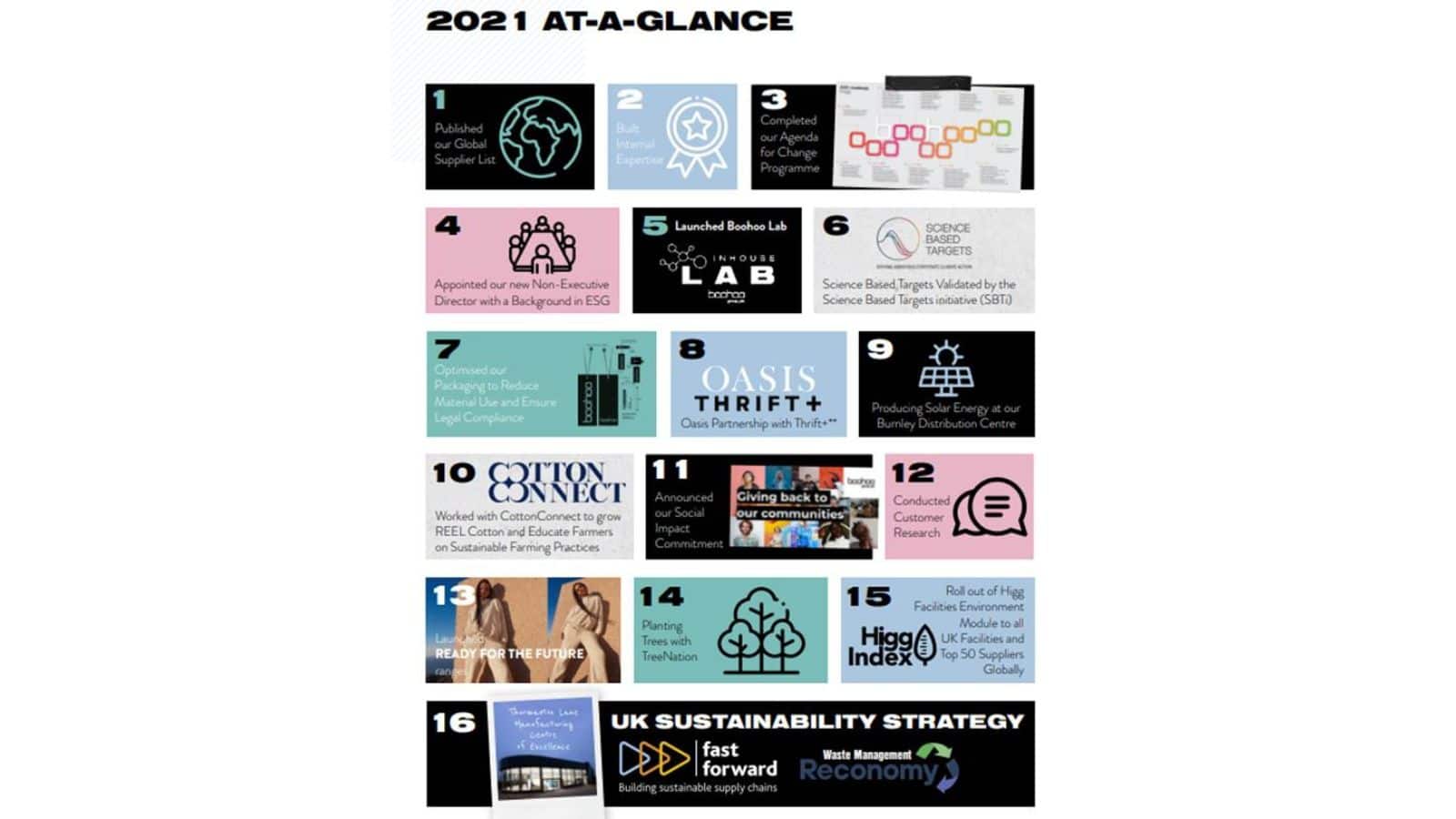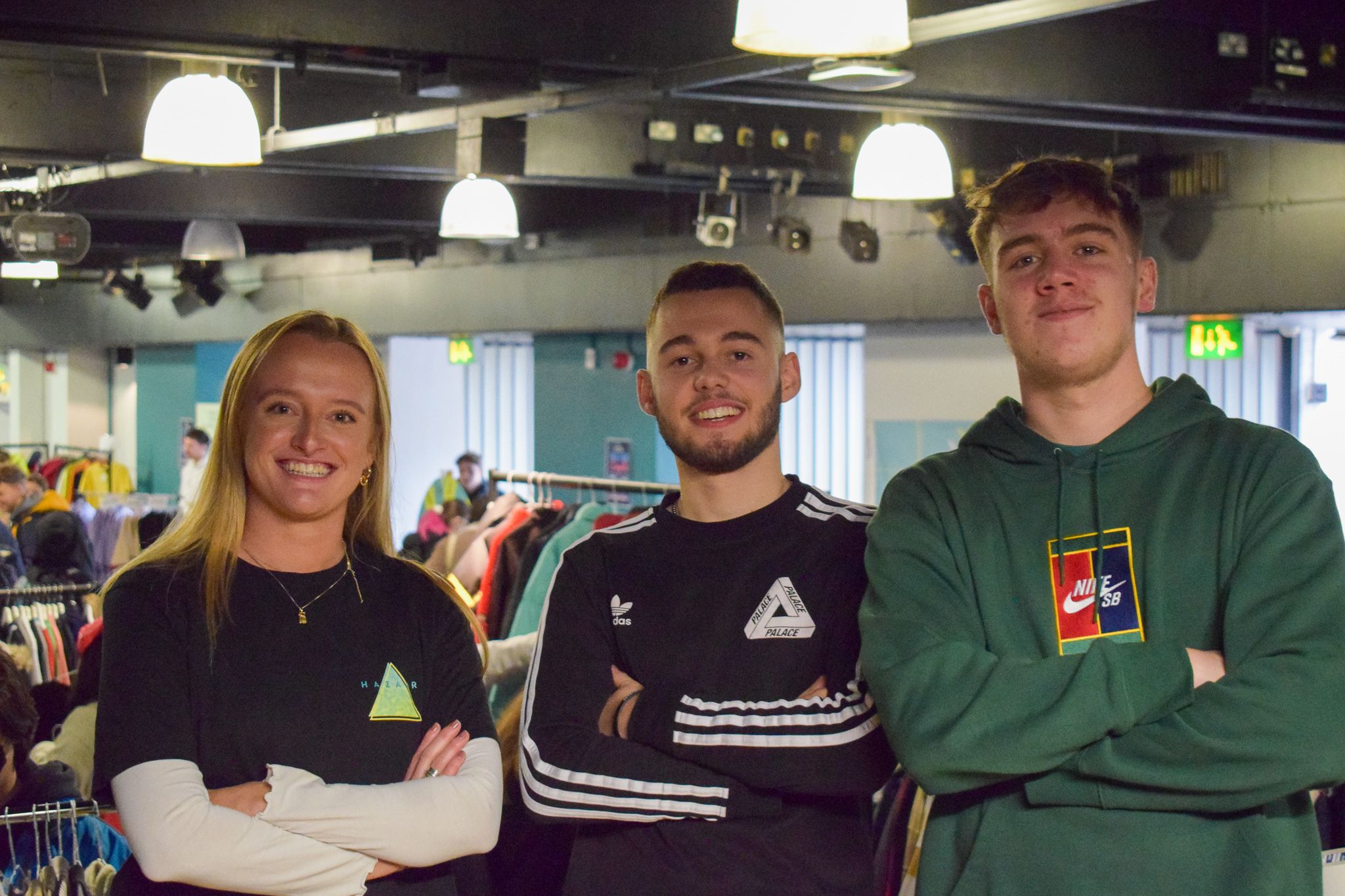From supply chain scandals, greenwashing probes and a momentum towards sustainability, can fashion brands like Boohoo keep up with the demand for sustainable alternatives?
Despite the damaging headlines on how fast fashion is destroying the planet and the evolution of the environmentally-conscious consumer, the fashion industry isn’t slowing down any time soon in the North.
Once dubbed Cottonopolis for its roots in the cotton industry, Manchester has cemented its position as a Northern fashion hub, hosting retailers such as N Brown Group, Boohoo, Missguided and Castore.
“One of the great things about the North West and Manchester, in particular, is it has a lot of digital talent, in digital marketing and digital sales acquisition,” Catherine Shuttleworth, founder at Leeds-based agency Savvy Marketing, told Prolific North.
Although Boohoo announced its pre-tax profits fell from £124.7m to £7.8m for the 12 months to February 28 – attributed to a rise in returns and impact of Covid – the group reported a boost in revenues up to almost £2bn.
With a shift towards sustainability sentiment, fast fashion hasn’t veered off-trend. The fashion industry in the UK has an estimated value of just under £55bn according to Statista, as discarded clothing continues to pile up in bulging landfills.
ITV’s Love Island opted to challenge the status quo and ditched its usual fast fashion sponsor in favour of eBay for its most recent series, with contestant Tasha Ghouri recently following in the show’s footsteps by bagging a major deal with eBay to become its first pre-loved ambassador.
THE NEWS IS OUT!
I am over the moon to announce I am @eBay_UK first ever pre-loved ambassador.
Watch this space, more will be revealed! — pic.twitter.com/7ca8lCAIB6— Tasha Ghouri (@GhouriNatasha) August 11, 2022
But what’s driving this change? “The consumer is changing,” Shuttleworth explained. “The fast fashion shopper is growing up a little bit.”
At Savvy Marketing, the agency carries out research with a shopper panel each month. She explained that after the cost of living crisis, 80% of shoppers are concerned about sustainability.
“The days of saying ‘I’ll buy something and wear it once’ are changing because that consumer is becoming massively sustainability focused.”
Probes into misleading ‘green’ claims and Boohoo sustainability
After a quick scroll through social media, it is still awash with influencers showing off their latest fast fashion hauls despite widespread criticism.
“It’s not over and done with, their rise has been unbelievable,” said Shuttleworth.
“The growth has just grown and to expect that growth to continue is a bit naive really. Their growth was always going to slow at some point but there’s a number of issues now that will impact their growth. It will be about how they pivot and change with the consumer to keep up with them.”
Boohoo has become a “big player in the market”, she explained. To keep up in an increasingly competitive market, brands need to have the right product available at the right time, as well as investing in technology and react to the “changing demand from the shopper”.
The Manchester-headquartered online retailer is one of the brands that have been “really smart” in response to this, she explained.
Boohoo Group, which has 13 brands under its belt including Dorothy Perkins, PrettyLittleThing and Oasis, launched its sustainability strategy called Up.Front, Fashion Ready for the Future, last year.















